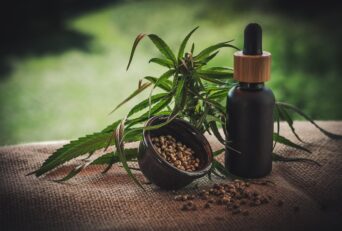You use food additives in your salad dressing to enhance the flavor and appearance of the food. However, do these food additives add any value to your food?
Do they have any good nutrients in them? A store-bought salad dressing has loads of sugars, artificial flavors, colors, etc. which makes it unhealthy.
Long-term use of these salad dressings can result in a series of health issues like a excessive gas, acid reflux, diarrhea etc.
Thus, when buying a salad dressing be careful of the food additives it has. To know which kind of food additives you should avoid in your salad dressing read the article below.
Table of Contents
Harmful Food Additives Present In Salad Dressing
1. Modified Corn Starch
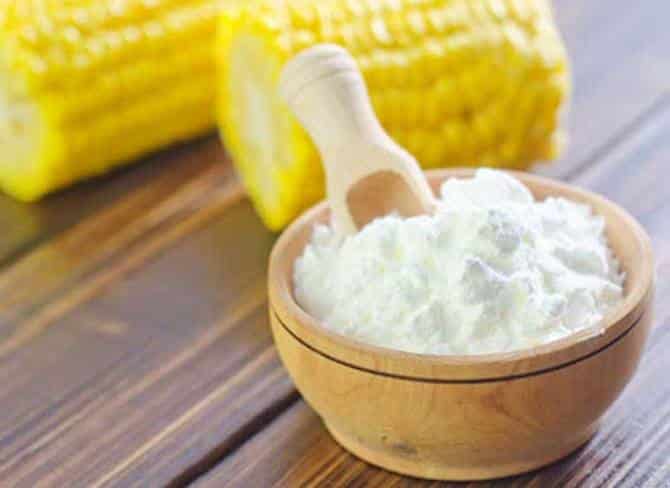
This form of starch is a food additive formed by treating starch which partially degrades it. It can be used in the salad dressing as a thickening agent, a stabilizer, or like an emulsifier.
A study done in 2015 stated, 92% of non-organic corn is genetically modified in the USA.
One more study was performed to know the side-effects of genetically modified corn. It suggested that the genetically modified corn uses Monsanto’s Roundup herbicide that can malfunction your liver and kidney, cause cancer and even death. However, this study was performed on rats, human intervention is still ongoing.
More off, the starch can also be made from wheat, potato, rice, tapioca, or other ingredients. Thus, modified corn is not healthy for you as it won’t add up any nutritional value.
If you consume food with a no-nutritional value you will end up stuffing yourself with waste. On the whole, it can be said genetically modified corn starch has no nutrients value but it might or might not be harmful to you.
2. Artificial Sweeteners
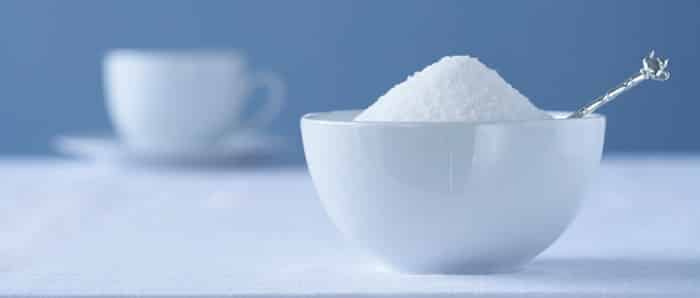
Aspartame (E951) is also known as Nutrasweet. You will find this sweetener in the food labeled diet or sugar-free. It can be present in your salad dressings too.
Researchers suggest aspartame to be carcinogenic and is often regarded to have the most adverse reactions to the other food additives. Nevertheless, this food additive can really harm you in the longer run.
Aspartame is a neurotoxin and carcinogen. These components can cause degrade your intelligence level and may even affect your short-term memory.
In addition to this, these sweeteners can lead to a variety of ailments like brain tumor, diabetes, multiple sclerosis, Parkinson’s, Alzheimer’s, chronic fatigue syndrome. fibromyalgia, anxiety disorders, dizziness, headache, nausea, migraine, hamper mental thinking, and seizures.
Another artificial sweetener is Acesulfame-K. You can find this one in baking sodas, gum, and gelatin. The effect of this sweetener is less than Aspartame but, researchers say it has been tested on linked to kidney stones.
A few of the salad dressings contain either of the artificial sweeteners. They are added to enhance the taste and increase the shelf life of dressing.
More off, the artificial sweeteners are genetically modified food items which have almost no nutrient value. Thus, the only a add a few calories to your salad dressing and give you nothing apart from waste.
3. Monosodium Glutamate (MSG / E621)
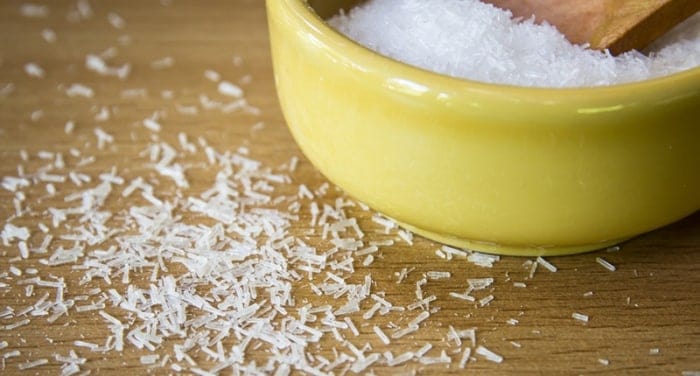
MSG is a kind of amino acid used in most of the packaged and processed foods. You can easily find it restaurant food, chips, salad dressings, frozen items, and soups.
Researchers suggest MSG as an excitotoxin that can overexcite the cells to a point that it may damage your cells and cause death.
If you regularly consume MSG, you can suffer from adverse effects of depression, disorientation, fatigue, mild headaches, obesity, and loss of eye vision.
More off, the food additive affects the neurological pathways of the body. In one of the study, it was found that MSG distorts the “I am full” function which certainly causes weight gain.
A few more studies suggest it be related to obesity, diabetes, and non-alcoholic fatty liver disease.
Though none of the claims has been proved scientifically to be on a safer side you should avoid this.
4. Food Dyes
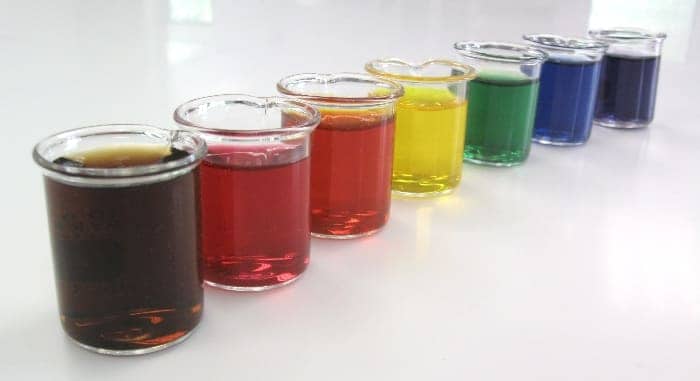
Food dyes are commonly used in all the packaged and processed food. They give an extra shiny appealing look to the food.
You can find them in juices, salad dressings, jam, chips, and soda. Food dye as a food additive in salad dressing should be avoided at any cost.
Food dye may cause behavioral problems in children and can significantly reduce the IQ levels. A study was done on animals which suggested it be linked to cancer. In many of the countries, a few of the dyes are banned.
A few of the dangerous food dyes are discussed below:
a. Blue #1 And Blue #2 (E133)
This one is banned in Finland, France, and Norway. You can find this dye in soft drinks, cereals, candy, and pet foods.
b. Red Dye # 3 (Also Red #40) (E124)
This was one of the most debated dyes. It took around eight years to ban this dye in food and cosmetics. But it still its continues in the market until the supply runs out. You can find them cherries, salad dressings, ice cream, bakery products, fruit cocktails, canned food, etc.
Researchers have proved association of this dye to thyroid cancer and chromosomal damage in laboratory animals. More off, it may also interfere with brain-nerve transmission.
c. Yellow #6 (E110) And Yellow Tartrazine (E102)
This dye is banned in Norway and Sweden. The dye is associated to increase the kidney and adrenal gland tumours and may also disrupt the chromosomal functioning.
However, these interventions were done on animals. This dye is found in cheese, sauces for salads, candies, macroni, carbonated beverages, lemonade, candy, etc.
5. Trans Fat
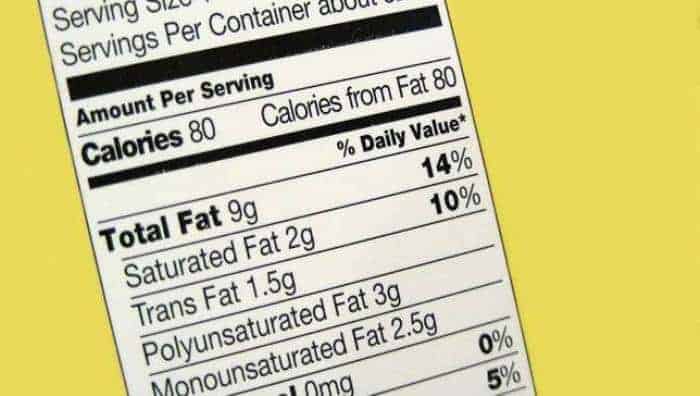
Trans fat is generally added to salad dressings to extend the shelf life. It is among the most dangerous substance you can consume.
You can also find it in deep-fried fast food, partially hydrogenated vegetable oils, extra virgin oils, sauces used for salads, etc. The trans fat is formed by hydrogenation process.
Several studies suggest that trans fat can increase LDL(bad)cholesterol levels and decrease the HDL (good) levels. More off, it can increase the risk of cardiovascular diseases and can cause body inflammation, diabetes, and other health issues too.
In some parts of Germany, the oils and fats are banned if they contain trans fatty acids. As per Danish regulations, the oil should contain less than 2% of fatty acid if any.
6. Sodium Nitrate (Or Sodium Nitrite)
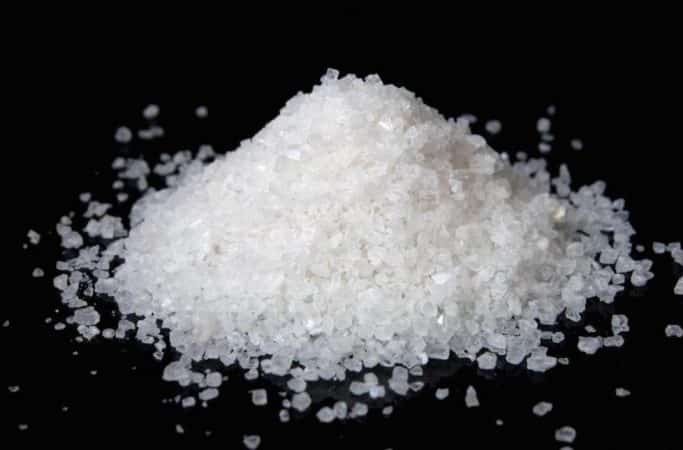
It is a form of preservative, flavoring, and a coloring agent. You can mainly found it in non-vegetarian salad dressings, bacon, meat, corned beef, smoked fish, and hot dogs.
It acts as a color mixer and changes the color of meat to bright red. It can make dead meat look vibrant and fresh.
Sodium nitrate is highly carcinogenic once it enters the digestive system. Once this compound settles in your digestive system, it forms an array of nitrosamine compounds which enters the bloodstream and create a disturbance in the internal organs specifically the liver and pancreas.
It is one of the widely regarded toxic ingredients. In the 1970s, the USDA tried banning the food additive but was disagreed by the food industries as they didn’t have an alternative to preserve the food items.
7. Sulfur Dioxide
The food additives using sulfur are considered to be toxic in the USA. The FDA has banned the use of this harmful food additive on the raw fruit and vegetables.
Sulfur and its derivative can cause problems like bronchial issues, asthma, low blood pressure, anaphylactic shock, and sensations in the body. It can also destroy the Vitamin B1 and E.
This ingredient is very bad, especially for children and for people suffering from the ailments like asthma, heart diseases, bronchitis, conjunctivitis, and emphysema.
You can find this ingredient in vinegar added in salad dressings, dried fruits, juices, wine, and potato products.
8. BHA And BHT (E320)
Butylated hydroxyanisole (BHA) and butylated hydroxytoluene (BHT) are the harmful food additives present in a variety of vegetable oils, you use for your salads. This preservative can be found in cereals, potato chips, chewing gum, and frozen veggies.
BHA and BHT prevent the food from changes it color, flavor, and become rancid. Besides this, the compound can affect the neurological functioning of the brain, changes behavior, and also has a potential to cause cancer.
9. High Fructose Corn Syrup
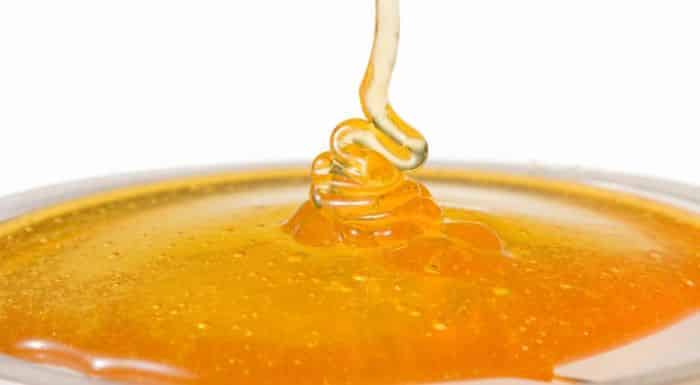
High fructose corn syrup is another artificial sweetener used in a number of packaged food. It is one of the highly refined artificial sweetener used worldwide.
It is present in almost all the processed foods like vegetable sauces, yogurts, salad dressings, potato chips, spreads, etc.
Studies suggest can increase the LDL (bad) cholesterol levels of your body. More off, it can also contribute to the development of diabetes, tissue damage, among other harmful effects.
10. Xanthum Gum
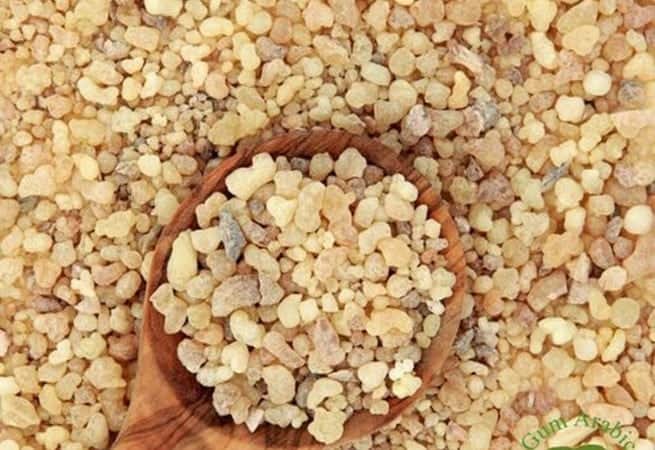
It is used in many food industries as a common food additive. It is a thickening agent and a stabilizer to prevent ingredients from separating after they become stale.
Gum is produced from simple sugar by the fermentation process and it uses a bacterial strain called Xanthomonas Camoestris.
Xanthum Gum is one of the widely used preservatives in sauces, dressings, packaged food dishes, and snacks.
Xanthum Gum is known to trigger the immune response of the body. It means your body would start attacking your own body system.
This food additive in salad dressing should be avoided at any cost. More off, it can also cause allergic reactions like headaches and gastrointestinal discomforts. This salad dressing bad for gout.
Final Talk
Food additives are commonly added ingredients in the food industry. Almost all the packaged, processed, and treated food contains one or the other food additives.
You can not completely cut down food additives from your life but, can surely boycott the most harmful ones. The food additives are very low or absolutely negligible in nutrient value. They only add the extra calories.
Food additives are used mainly to preserve, add flavor, and make the food appealing. They just enhance your taste buds and make you eat more.
These food additives, when taken in small or large amounts for a longer period of time, can cause serious body ailments. On the whole, you should completely avoid the dangerous food additives mentioned above in your diet as far as possible.





